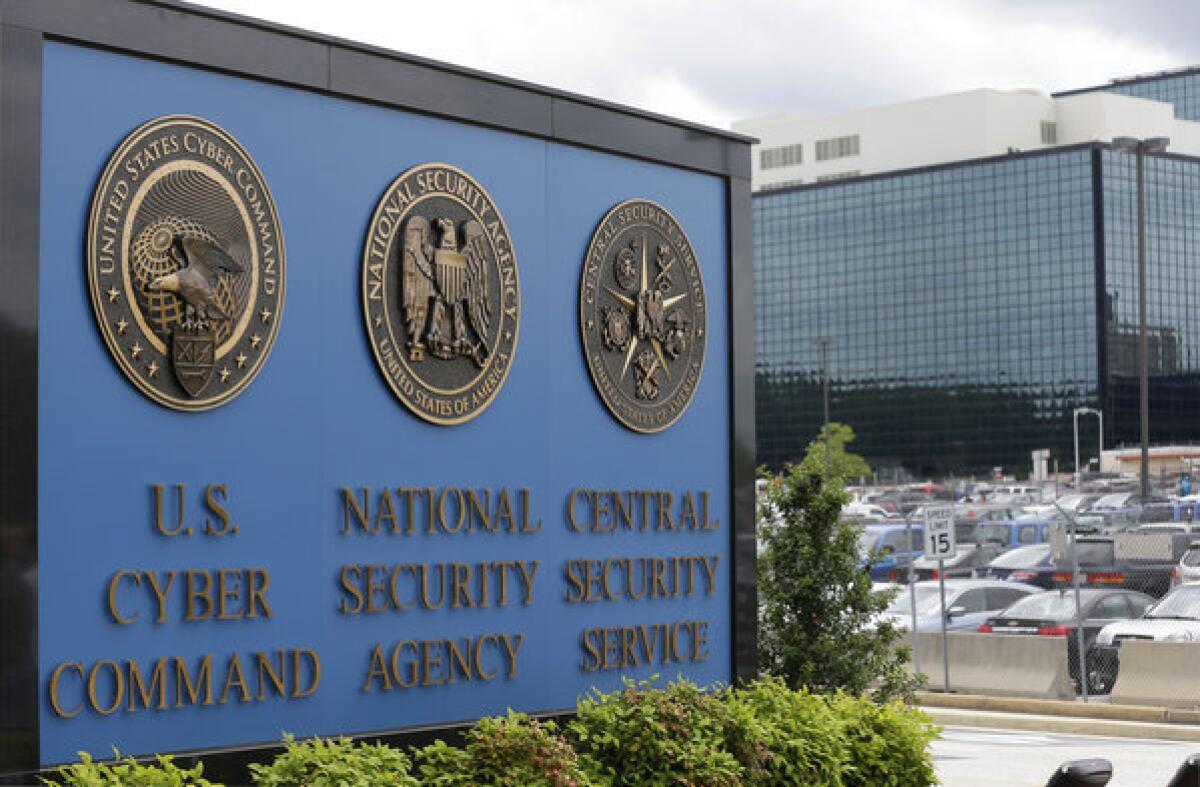NSA unlawfully collected tens of thousands of U.S. emails

WASHINGTON -- The National Security Agency collected the emails of tens of thousands of Americans for three years before acknowledging the problem in 2011 and bringing it to the attention of the secret intelligence court, which ordered the program overhauled.
Officials disclosed the history of that unlawful surveillance Wednesday, releasing three partially redacted opinions of the Foreign Intelligence Surveillance Court, which detailed the concerns judges had about how the NSA had been siphoning data from the Internet in an effort to collect foreign intelligence.
The court ordered the NSA to stop what it had been doing and impose a technical solution that separated emails between Americans from messages involving foreigners, which the NSA legally can collect. Where that technical solution didn’t work, the court required the NSA to restrict the use of any domestic emails and destroy the records after two years, instead of the normal five years.
PHOTOS: 2013’s memorable political moments
U.S. intelligence officials, who briefed reporters under ground rules that they not be named, sought to portray the matter as a technical glitch that they caught and fixed. But in the court opinion, judges said the NSA repeatedly misled them about the scope of what it was doing.
“The court is troubled,” Judge John D. Bates wrote in a footnote, that the email problem “marked the third instance in less than three years in which the government has disclosed a substantial misrepresentation regarding the scope of a major collection program.”
The footnote described another violation involving a different NSA program -- the bulk collection of U.S. calling records, so-called metadata that include which numbers call which other numbers, the dates and times of calls and their duration. That violation was discovered in 2009 and apparently involved the process under which NSA analysts search its vast database of calling records looking for suspicious numbers.
“Contrary to the government’s repeated assurances, NSA had been running queries of the metadata using query terms that did not meet the required standard,” the judge wrote.
The opinion offered no further details on that assertion, but it appears to contradict assurances by U.S. intelligence officials that there have been no major compliance issues with the U.S. phone records database. The existence of the massive collection of telephone records was the first in a series of disclosures about intelligence programs made this year by former NSA contractor Edward Snowden.
Follow Politics Now on Twitter and Facebook
Twitter: @kendilanianLAT
More to Read
Start your day right
Sign up for Essential California for news, features and recommendations from the L.A. Times and beyond in your inbox six days a week.
You may occasionally receive promotional content from the Los Angeles Times.







